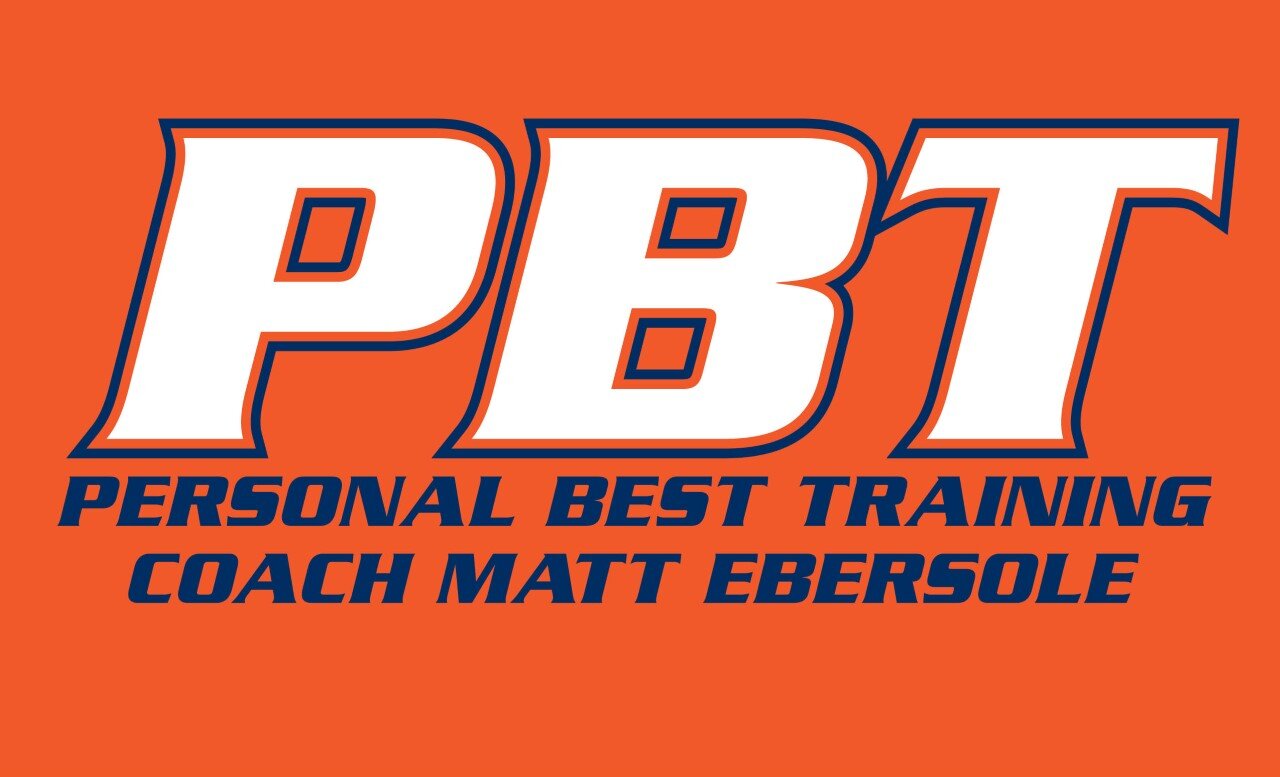There are no deals, so make your miles count!
If you are reading this you most likely take your running seriously. That means it is not only important to you, but you make choices that cause you to miss out on other things to have the time and energy for training. That being the case, the ultimate running sin is to do things in training that are actually counterproductive and cause you to waste your work. I will make an admission up front. I have committed all of these at one time or another as a runner or as a coach. I can tell you it hurts to have done the work, but to have done something else to prevent reaping the benefits. I hope what follows can help you avoid the same mistakes.
Racing Workouts There is no substitute for hard work in training. You have to practice digging deep to be able to do it on race day. However, going too deep, too often in training can also lead to an inability to adapt to your training, breakdown, or flat racing. Train hard, train consistently, but save the heroic efforts for race day. While you should take confidence from your training, just wait and see how optimistic you feel after a few great races.
Passing Opportunities With every interval, mile, and run so measured and often reported through online media and training sites, it is hard to back off training and put up bad numbers. It is hard to back off to be rested going into a race and to back off to recover from a race when it will hurt your numbers. Passing up too many racing opportunities to keep you numbers up is the exact definition of losing perspective. You are training to race better, not training to train better. I know some of my best fitness was wasted looking past too many opportunities and towards some big race a few months down the road. Yes, this problem can swing the other way to too much racing so plan thoughtfully to balance training progress with racing results.
Dropping Good Habits If you have done this welcome to the club that includes every runner ever. After focusing on getting stronger and more flexible, getting more sleep, eating to maximize health and energy you feel so good, you stop doing these things until you break down. Write these habits and practices in your training log right alongside the workout and mileage. They allow you to get the most from the actual running. Find a level that can be maintained. Then maintain it!
Losing Balance With both training and racing it is easy to stick with your strengths. If you are a 5K runner that loves 12 x 400m, it is easy to never stray far from those. A long steady state and a 10K-10M race may give you a new training effect to help you maintain a faster pace for the shorter distances. If you are a marathoner who hates anything shorter than a 5M steady state run and wonder why anyone would pay to race under a half marathon, you could be shocked in a good way to find how easy marathon pace feels after a few 5K's and quarters. The right balance at the right time is key to optimal training effect. Staying at one end of the spectrum is a sure way to slow or stop your progress.
Not Listening You body tells you everything you need to know. It might start as a whisper, but it will tell you if you are approaching your limit or if you can do more. Don't make it scream at you because that usually ends in a sports medicine visit.
Fixation on Time Weather, course, biorhythms, pacing, and motivation only converge near perfectly a few times a year. Yet, we often grade ourselves exclusively, sometimes pass or fail, on time. If you fall into the trap of thinking only in terms of times and PR's you are missing many rewards. Some of your best races may not fall into your top 10 times for a distance. Learn to appreciate how you do on a particular course, or against frequent competitors to measure your race success. You can show up and be doomed by one variable that is against you, such as heat. Learn to embrace it and take the challenge to beat someone faster than you because you are either tougher or smarter or both, and will race better in bad circumstances.


